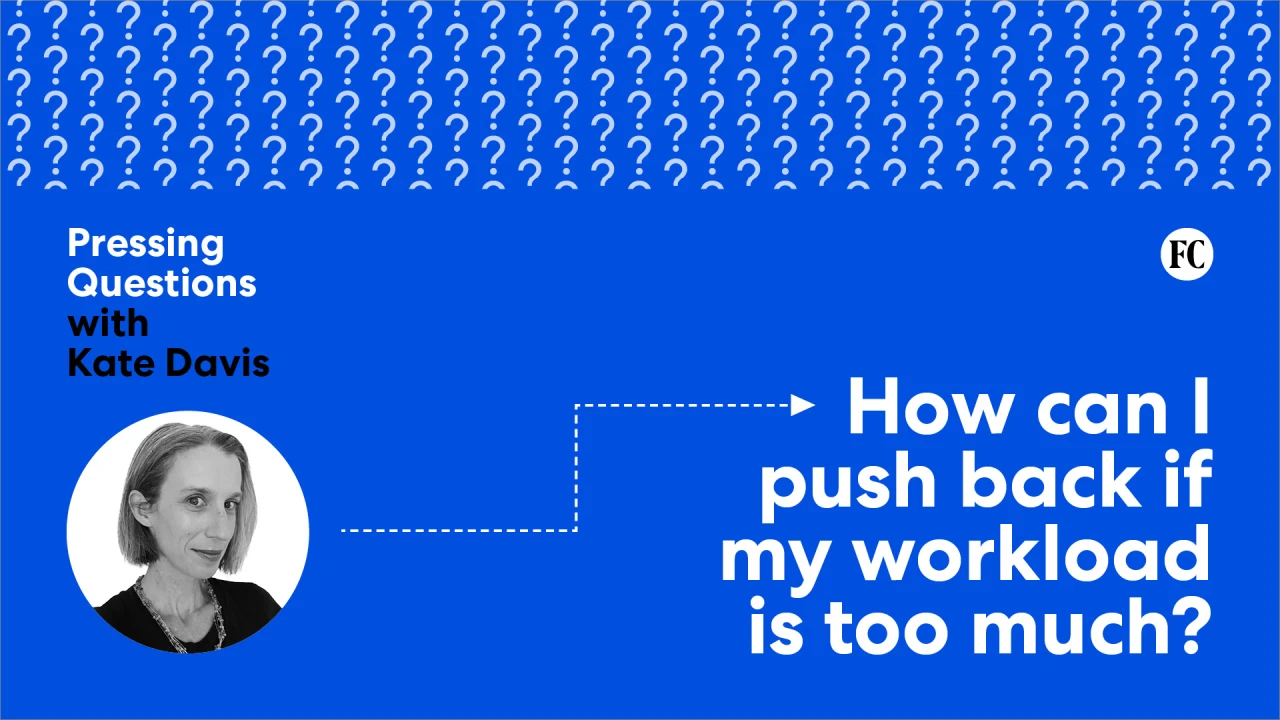Former SBA Loan Officer Admits Guilt in $550K Pandemic Fraud Scheme

In a recent wave of prosecutions highlighting the misuse of pandemic relief funds, Rena Barrett—a former loan officer for the Small Business Administration (SBA)—pled guilty to charges of fraud involving over $550,000 in COVID-19 loans. This case serves as a crucial reminder for small business owners about the importance of ethical practices and vigilance in the current economic landscape.
Barrett’s case exemplifies a serious breach of trust. According to U.S. Attorney Theodore S. Hertzberg, “the Economic Injury Disaster Loan program provided critical relief to small businesses and supported our economy during the COVID-19 pandemic.” Unfortunately, Barrett exploited her position to approve loans for herself and her relatives, ultimately receiving nearly half a million dollars. After her actions came to light, she resigned from the SBA, leaving a shadow over the relief program that many businesses depended on during a time of crisis.
The repercussions of this fraudulent behavior extend far beyond Barrett’s actions. Small business owners must navigate a post-pandemic reality, and incidents like these can erode public trust in government programs designed to aid them. “Abusing authority to fraudulently obtain Economic Injury Disaster Loan funds betrays the trust of small businesses relying on critical relief,” stated Special Agent-in-Charge Amaleka McCall-Brathwaite from the SBA Office of the Inspector General.
Two additional women, Sheena Thompson and Detra Lewis, have also pled guilty to similar charges. Each sought to benefit misusing funds related to the Paycheck Protection Program and Economic Injury Disaster Loans, bringing attention to the broader issue of fraud surrounding federal relief programs during the COVID-19 pandemic. As the investigations unfold, small business owners should be aware of the ongoing scrutiny these programs face, making it essential to remain informed about proper application processes and compliance requirements.
The Department of Justice established the COVID-19 Fraud Enforcement Task Force to combat pandemic-related fraud, transitioning resources and enhancing efforts to identify fraudulent activities. By launching initiatives to educate business owners and streamline verification processes, they aim to prevent further abuses of these vital resources.
For small business owners, the implications of these revelations are profound. As government oversight increases, entrepreneurs must remain steadfast in adhering to compliance guidelines. Understanding the legitimate avenues for securing relief funds is more crucial than ever. Resources like the SBA website and consultations with local financial advisors can help in ensuring that businesses approach funding responsibly.
Potential challenges arise as the public becomes more skeptical of funding programs. Heightened scrutiny may lead to more rigorous audits and checks, making the application process stricter. The caution surrounding federal relief funds means that business owners should be meticulous in their record-keeping and application materials.
If business owners suspect any fraudulent activity or feel unsure about their own applications, they can reach out through the Department of Justice’s National Center for Disaster Fraud (NCDF) Hotline. They offer various ways to report potential fraud, helping to maintain the integrity of essential relief efforts.
In a rapidly evolving landscape, trust plays a critical role. The actions of individuals like Barrett risk undermining the vital support systems intended to help small businesses thrive during turbulent times. By understanding the implications of these fraud cases and staying informed about the regulations and resources available, small business owners can better navigate these challenges and contribute to a more transparent economic environment.
For more details on the recent fraud cases, visit the original SBA press release here.
Image Via Envato
This article, "Former SBA Loan Officer Admits Guilt in $550K Pandemic Fraud Scheme" was first published on Small Business Trends
What's Your Reaction?
 Like
0
Like
0
 Dislike
0
Dislike
0
 Love
0
Love
0
 Funny
0
Funny
0
 Angry
0
Angry
0
 Sad
0
Sad
0
 Wow
0
Wow
0





























































































